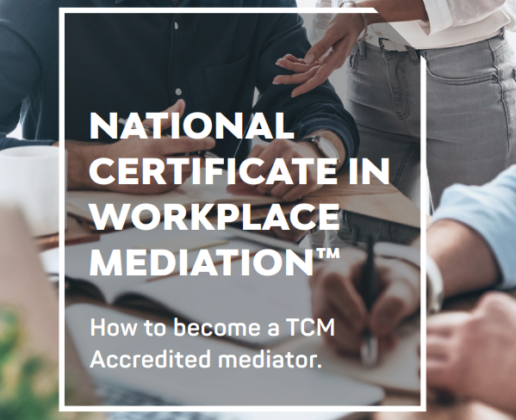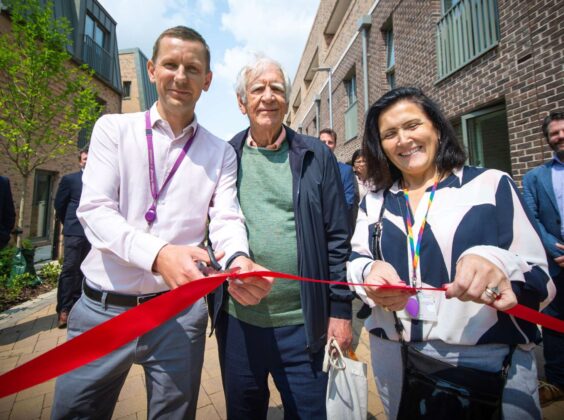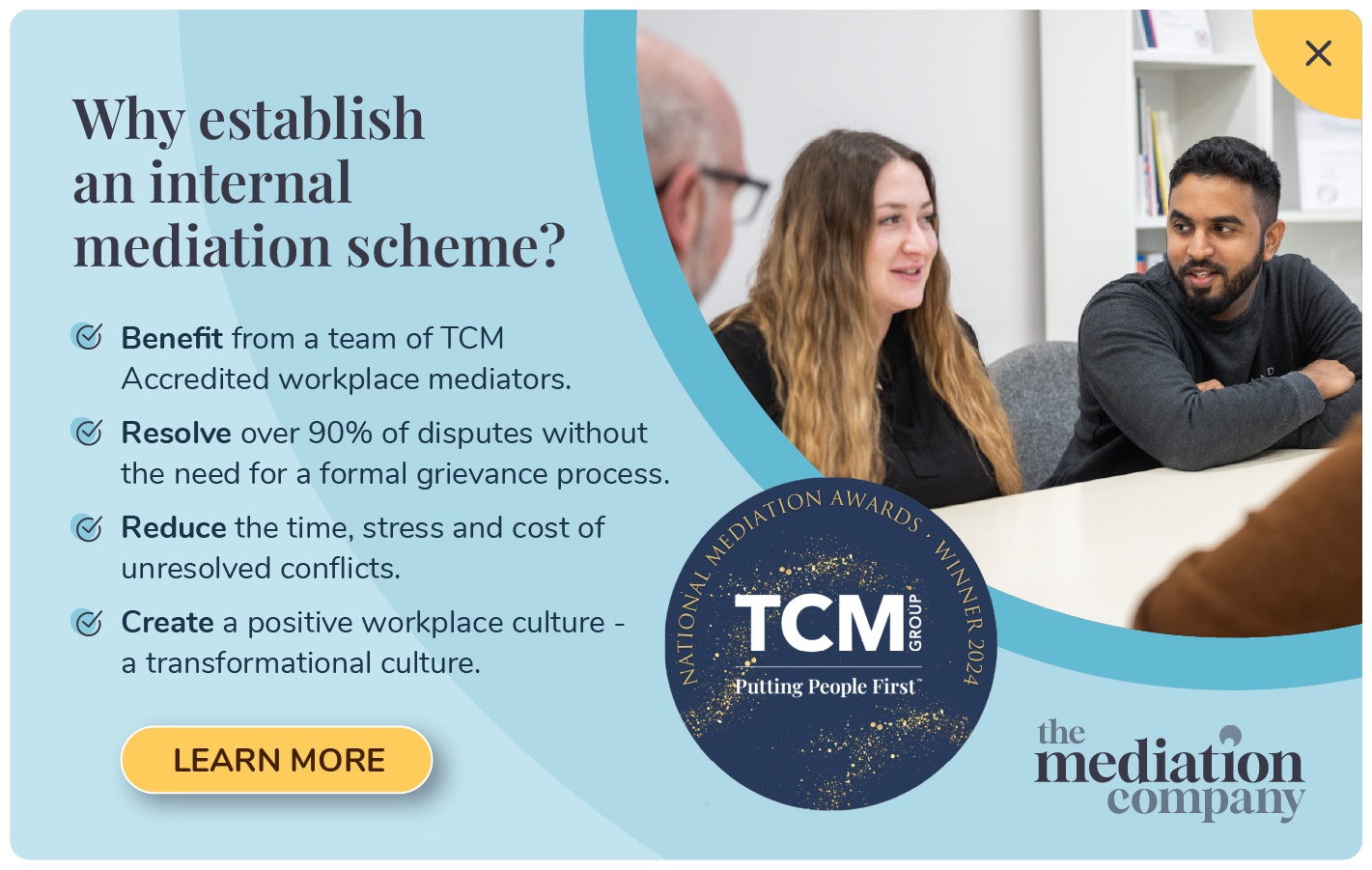
Share article:
Tags:
“The world situation with Covid-19 has become a catalyst for people to rethink how to approach a commercial business dispute. Not everyone is so trigger happy to jump into a litigation because they could be embroiled in it for year and not have a resolution.”
Edwin Tong, Singapore’s minister for culture, community and youth, and second minister for law.
Modelling positive behaviours
Obviously, the purpose of workplace mediation is to resolve conflict. By settling grievances, this naturally fosters a healthier, happier, and more harmonious workplace. But it goes much further than that. Many companies anticipate a positive, forward-facing cultural shift within their organisations following an adoption of alternative dispute resolution.
This is because the very concept of mediation prompts parties to think outside the box, discuss root issues, and customise their own bespoke and creative resolutions. Formal litigation is the antithesis of this: only specific claims are identified and judged to a rigid ruling, leaving no space for discussion and dialogue. Away from the stark and hostile interiors of courtrooms, affirmative behaviours of collaboration, communication, compassion, and creativity are learned and practised by involved parties, facilitated by an external and impartial mediator. Value arises from thoughtful consideration and discussion of underlying interests and needs. When it is acknowledged that embodying these qualities results in a win-win outcome, parties choose to actively continue this flow of positive action, interaction, and reaction back in their respective workplaces.
By choosing mediation, then, organisations embrace a cultural shift. After mediation, when prudent resolution is achieved, the minds of the parties previously in conflict open up: creativity and innovation are revitalised, harmony is restored, and trust is re-established.
A national change
We’ve always known that mediation works. 20 years of business success has depended on it. And now the rest of the nation seems to be catching on – it only took a deadly global pandemic to shake things up a bit. In April 2021, EY released research of 100 companies in the FTSE350 that uncovered a widespread shunning of litigation in favour of alternative dispute resolution.
“Almost two-thirds of those surveyed reported that they have taken a more conciliatory approach while the business community grapples with an unprecedented crisis, and this appears to have contributed to a short term move away from companies embarking on litigation.”
“While we think some of this is driven by a genuine desire to ‘do the right thing’ during the pandemic, a further and perhaps more important factor is that businesses with claims to bring have spent the last 12 months focused on simply navigating the operational impact of COVID-19. Many businesses haven’t had the time or resources to bring potential claims. As vaccine rollouts continue, government support ends and attention turns to recovery, that balance is shifting, and a need to protect shareholder value will prompt businesses to become more active in pursuing claims as a potential avenue for recovery in the near future.”
“It also seems that those that have used ADR have seen the benefits of doing so and may be more likely to use this option in future.”
Matt Fritzche, UK Claims & Disputes partner at EY
Mediation not only motivates employee values and behaviours, but wider organisational culture, too. It centres on choice, confidentiality, control, (low) cost, (less) calendar time, and complete closure. The statistics from the past year speak volumes:
- 63% reported adopting alternative dispute resolution to business disputes since the start of the pandemic.
- 59% now expect claims to be higher than normal in 2021, with 14% fearing that extra litigation could affect their ability to continue trading.
- Three-quarters (77%) of companies surveyed turned to alternative dispute resolution to resolve an issue during the pandemic.
- 32% said that, during the pandemic, they had deferred or stopped investigations which they would have pursued beforehand.
- 47% have raised or expect to raise a claim as a result of Covid-19.
- 31% have either received a claim or are expecting to.
A driven and successful company’s impetus should be to act innovatively – and in the wake of the pandemic, this means a movement to mediation. Follow in the footsteps of FTSE350: redefine collective company culture and champion positive change. In light of our changing working environments, we’ve expanded our online mediation services, providing flexibility, while retaining the very highest success rates.
Join the movement with our Founder’s new book on Transformational Culture.










